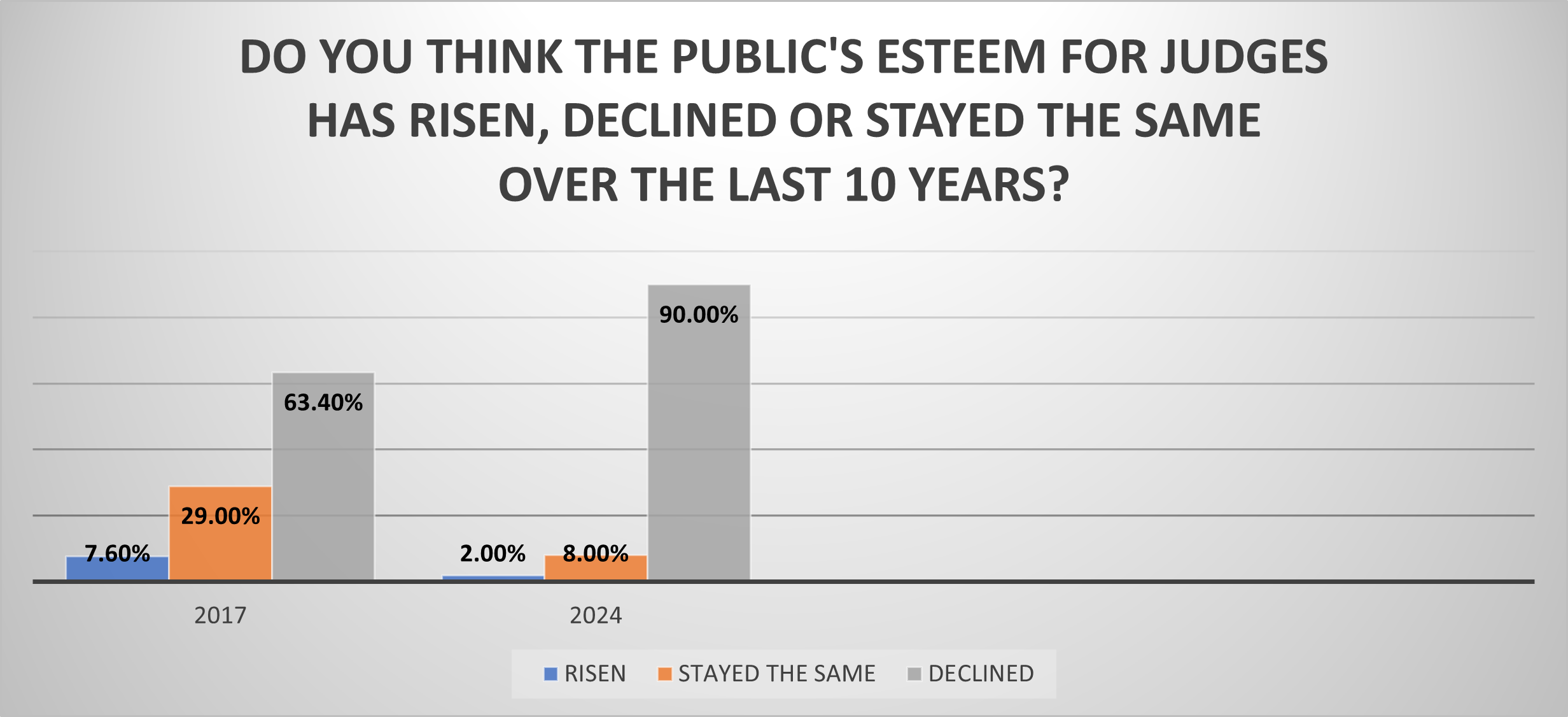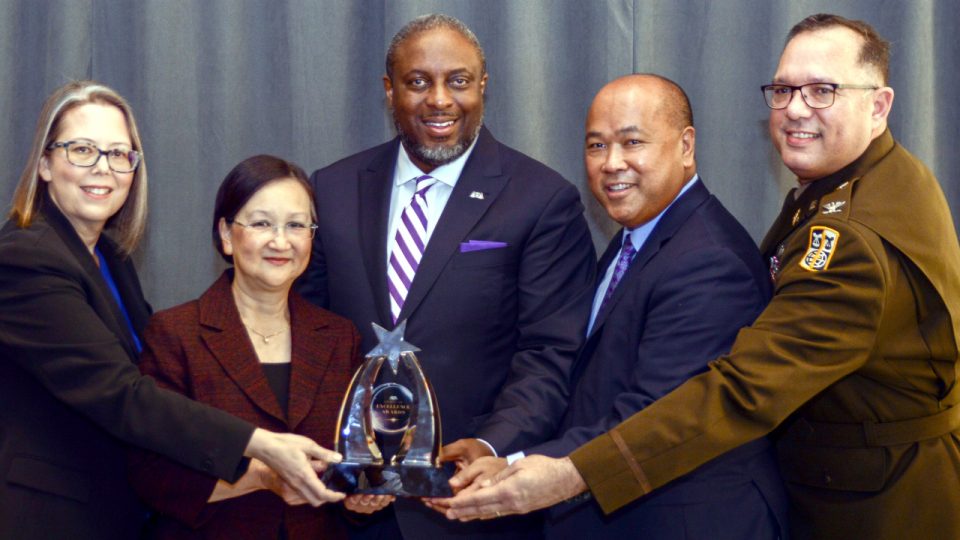

According to the U.S. Census Bureau’s projections, the older adult population will double between 2010 and 2030. As the population of America ages, probate courts will necessarily see an increase in the types of cases that they process–guardianships, conservatorships, elder abuse protection petitions, and matters pertaining to estates. Are probate adjudicators properly prepared for this demographic surge?
This was the primary impetus for The National Judicial College (NJC), National College of Probate Judges and the American College of Trust and Estate Counsel (ACTEC) Foundation to join forces to develop a series of distance learning modules specifically for probate adjudicators from around the country. The collaborators were keenly aware that judicial officers in probate courts—including some who are not law-trained—have few opportunities to learn about managing their burgeoning caseloads and the nuances of a population in need of protection.
Thus the ACTEC Foundation awarded a grant of $18,000 to the NJC to partially fund Probate Matters: Education for Judicial Officers. A curriculum development committee of judges, probate adjudicators and attorneys from all three partners first gathered last August at the NJC in Reno to lay out the themes for the self-study online modules. NJC faculty on the committee include Judge William Dressel (CO, ret.) and Judge Anne Meister (DC). Topics to be covered in the five recorded web presentations include guardianships and conservatorships, the decedent’s estate and trusts. The NJC also plans to develop a webcast on probate competency.
The committee will finalize the educational content over the summer. Probate Matters: Education for Judicial Officers will be produced and made accessible online for probate adjudicators by the end of the year.

RENO, NV (PNS) – As they eye their inaugural football season this fall, the Gaveliers have question marks...

RENO, Nev. (March 8, 2024) — In what may reflect a devastating blow to the morale of the judiciary, 9 out...

In what may reflect a devastating blow to the morale of the judiciary, 9 out of 10 judges believe the publi...

RENO, Nev. (Jan. 26, 2024) — The nation’s oldest, largest and most widely attended school for judges �...

RENO, Nev. (Feb. 7, 2024) — National Judicial College President & CEO Benes Z. Aldana received the Am...